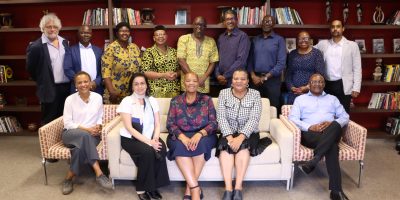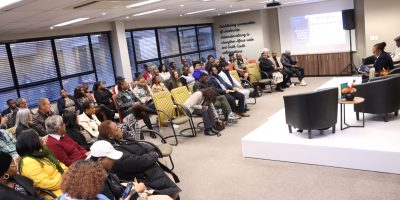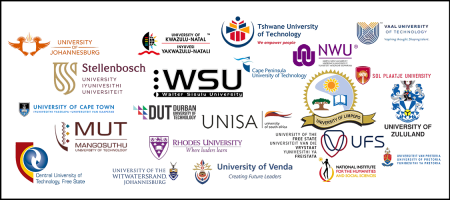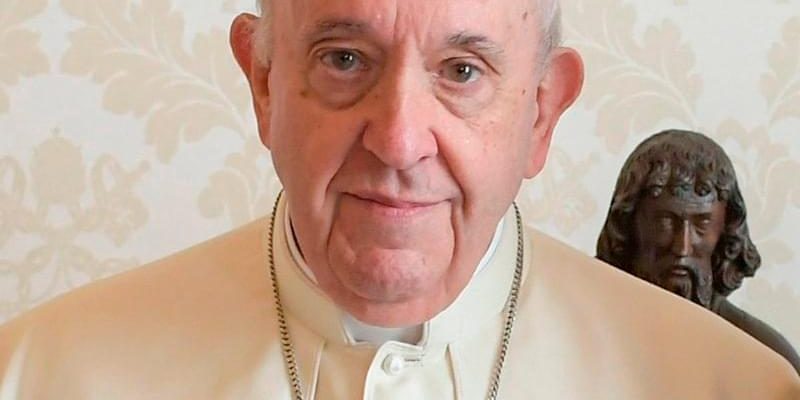As SAHUDA and citizens worldwide mourn the passing of Pope Franciscus on 21 April 2025, we also reflect on and pay tribute to his significant and impactful contributions to the Humanities. In a world enveloped by greed, rife with unemployment, poverty, crime, and gender-based violence, and reflecting a sense of commodification, Pope Franciscus, in his 12-year-long pontificate, endeavoured to demonstrate the power of reconciliation, engage in dialogue, and lead by example, while continuously striving for peace and social justice globally.
This was evident in his papacy, which remained focused on addressing the roots of devastation, social injustice, violence and other ill matters, continually urging those in positions of power to take responsibility for and collaborate in the quest for peace and equality. Pope Franciscus believed that “peace is not a product that is bought; it is built day by day with justice, forgiveness, and love” (Exaudi News, 2025). This was observed in his theological orientation and true humanities practice grounded in humanitarian issues and egalitarianism. He significantly and profoundly contributed to uplifting global communities, impacting education and the environment, and subsequently committed to making a difference to humanity in its entirety. Being dubbed the “Pope of the peripheries” (Vatican News, 2025), his compassion, humility and dedication to helping the vulnerable, the oppressed and the marginalised shone throughout his life. For Pope Franciscus, the world was for everyone, firmly believing that those with less should not be forgotten. He took an active stance in this regard, stating that “no one should be left out because no one is disposable” (Exaudi News, 2025).
As a result, he fought for and supported the inclusion of those marginalised and oppressed within the Catholic Church (e.g., women, children, LGBTQIA+ individuals, people with disabilities), as well as promoted and encouraged understanding between different cultural and religious groups. For Pope Franciscus, this was pivotal as the church, in many instances worldwide, has departed from caring and considering ‘thy neighbour’. Therefore, he endeavoured to showcase that the church refutes self-centredness and selfishness, aiming to demonstrate neighbourliness and care for others. His care and consideration for others made him a true representation of the immortal of the church—his tangible efforts clearly aimed to create and foster a sense of belonging and unity among all. This was also evident in the value he placed on human relationships, especially those reflecting empathy and compassion, ranking those at the peripheral end at the centre of his papacy. He continuously advocated for “poverty alleviation, economic development, and the creation of inclusive societies” (Solomon, 2025), endlessly aiming to do great things for all humankind.
In a sense, he was a contextual and liberation theologian as he embodied public humanities in terms of his orientation, demonstrating an understanding of the unique contexts found within the global society and remaining focused on serving humanity. It is commendable how he applied his theological principles to promote egalitarianism and the common good in public life. We, as members of SAHUDA, join the catholic community and the entire world in mourning the death of this great humanitarian and utilitarian priest. As he is laid to rest, we will remain committed to his service to humanity and keep his legacy alive by actively doing our part for humanity. At SAHUDA, we will embrace the tenets he shared on Easter Sunday, specifically ensuring that “the principle of humanity never fails to be the hallmark of our daily actions” (www.vatican.va, 2025).
South African Deans Association (SAHUDA)
PDF: https://sahuda.ac.za/wp-content/uploads/2025/04/Tribute-to-Pope-Francis.pdf





